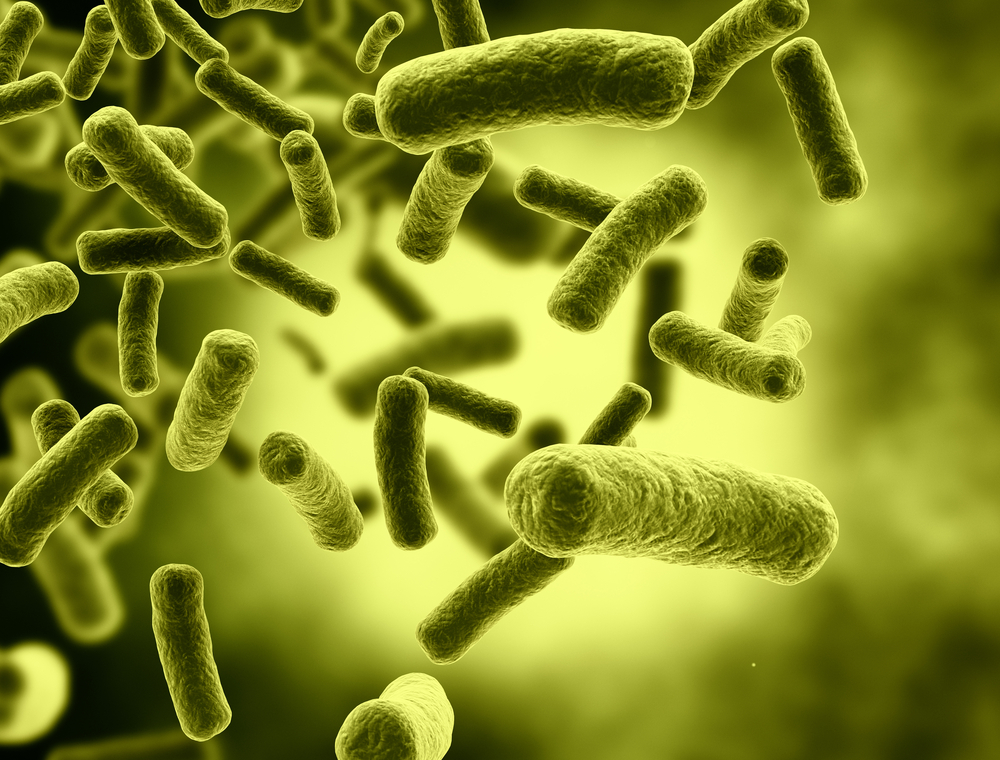Recent research has shown that accumulation of an organic byproduct of metabolic processes undergone by gut bacteria could lead to life threatening consequences. It has been known for a while that patients with chronic kidney disease (CKD) are prone to develop atherosclerosis which subsequently contributes to heart diseases, eventually leading to death.
According to a study published in the Journal of the American Society of Nephrology (JASN) conducted by Jason Stubbs, MD, Alan Yu, MB, BChir (The Kidney Institute at the University of Kansas Medical Center), and colleagues, among a population of 104 patients with CKD it was observed that the amount of the metabolite Trimethylamine-N-oxide (TMAO) (a major organic byproduct of metabolism of dietary nutrients choline and L-carnitine, by intestinal microbiota) was greater in patients with a higher degree of kidney damage. Previous research has shown that TMAO, accumulated in the bloodstream, leads to the production of cholesterol plaques in the arteries, which leads to heart failure. Moreover, the excretion of TMAO occurs mostly through urine, hence improperly functioning kidneys (as in patients with CKD) lead to accumulation of the compound.
During the course of the study patients receiving kidney transplants had a significant drop in TMAO levels in their bloodstream.
Specialists and nutritionists have started reviewing the amount of dietary sources which produce TMAO as a metabolite, like some species of deep-sea fish, eggs, and meat, to be reduced in the diet of people living with, or at a risk of developing CKD.
“Based on evidence that TMAO production is dependent on the metabolism of specific dietary constituents by intestinal bacteria, therapies targeting the generation of TMAO precursors by intestinal bacteria may represent a novel strategy for reducing cardiovascular disease and mortality in patients with CKD,” said Dr. Stubbs.
In an accompanying editorial, W.H. Wilson Tang, MD (Cleveland Clinic), wrote, “There is much to learn in this complex relationship between ourselves and the microbes living within.”

